Eight decades ago, she survived the German invasion of Ukraine by hiding in a basement. And when the Russians invaded in March, she went underground again to escape the terror.
But this time, 91-year-old Holocaust survivor Vanda Semyonovna Obiedkova did not emerge alive from her hiding place in the besieged Ukrainian city of Mariupol.
“Why is this happening?” Obiedkova reportedly asked as Russian artillery pounded her city and the outgunned Ukrainians fought pitched battles in the streets with Vladimir Putin’s forces.
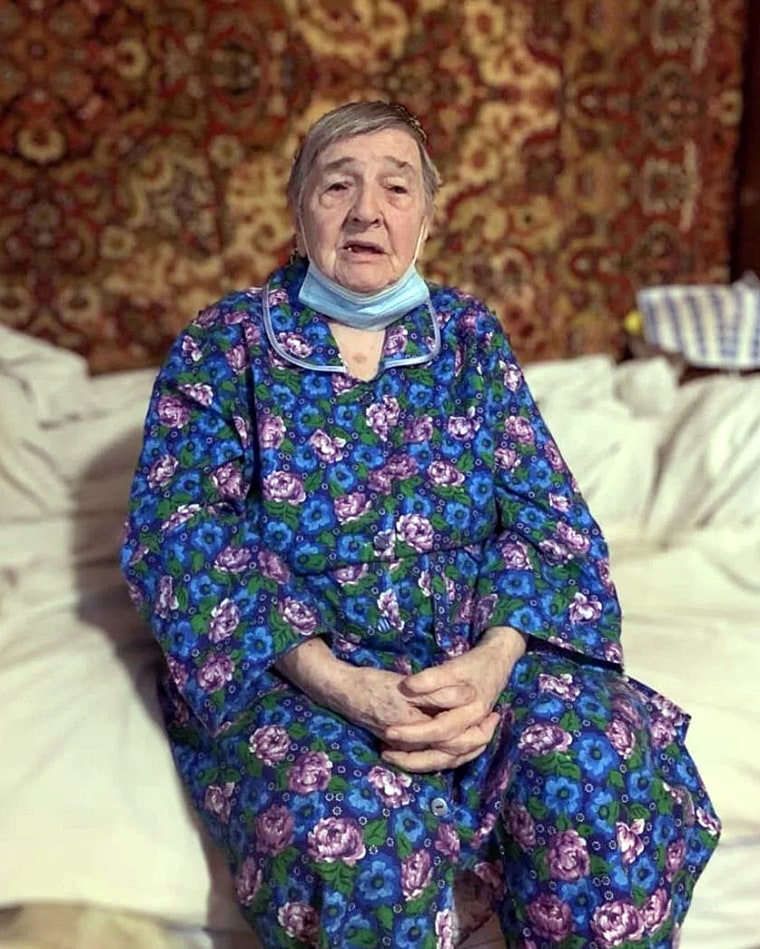
Not long after that, Obiedkova died on April 4, her rabbi, Mendel Cohen, told NBC News.
“Mama didn’t deserve such a death,” her daughter, Larissa, told Chabad.org, the Judaism website, which first reported on Obiedkova’s death. “There was no water, no electricity, no heat, and it was unbearably cold.”
Before they escaped Mariupol, Obiedkova’s daughter and her husband buried her, with the help of her neighbors, in a public park less than a mile from the sea of Azov.
“Vanda Semyonovna was a sweet person,” said Cohen, who heads Chabad-Lubavitch in Mariupol and was the only rabbi in the city.
Her story emerged as the last of the Ukrainian forces were preparing to make their final stand against the Russians.
“This is our appeal to the world. It may be our last. We may have only a few days or hours left,” said Maj. Serhiy Volyna in a video shared with NBC News and other media outlets that was also posted to what appeared to be his own Facebook page Wednesday. “The enemy units are dozens of times larger than ours, they have dominance in the air, in artillery, in ground troops, in equipment and in tanks.”
Obiedkova was born in Mariupol on Dec. 8, 1930, according to records on file with the USC Shoah Foundation, a nonprofit organization that interviews survivors and witnesses of the Holocaust and other genocides. She was 10 when the Germans swarmed into Mariupol in October 1941 and began rounding up Jews for execution.
The Gestapo captured and killed her mother and several other Jewish relatives, Obiedkova told interviewers from the foundation in 1998. But she was able to escape arrest by hiding from the Germans in a basement.
Later, when it was safer to come out, Obiedkova was moved to a series of hiding places outside of Mariupol. And when questioned by the Germans, family friends insisted she was Greek, not Jewish.
Finally Obiedkova’s father, who was not Jewish, checked her into a hospital to pass her off as a patient, and that’s where she stayed until the city was liberated in 1943.
When the Russians began bombarding Mariupol in March, Obiedkova and her family found a hiding place in the basement of a nearby store that had no heat or water or electricity.
“Every time a bomb fell, the entire building shook,” Larissa told Chabad News. “My mother kept saying she didn’t remember anything like this during the Great Patriotic War (World War II).”
Obiedkova was an active member of Mariupol’s last remaining synagogue, said Cohen, who said he was in Israel undergoing hip surgery when the war broke out.
Of the 1,800 or so Jewish families in Mariupol, “we know for sure that 500 or more are out alive,” Cohen wrote in a text message to NBC News. “Working on the rest to know if they left, they are live, or they need more help.”

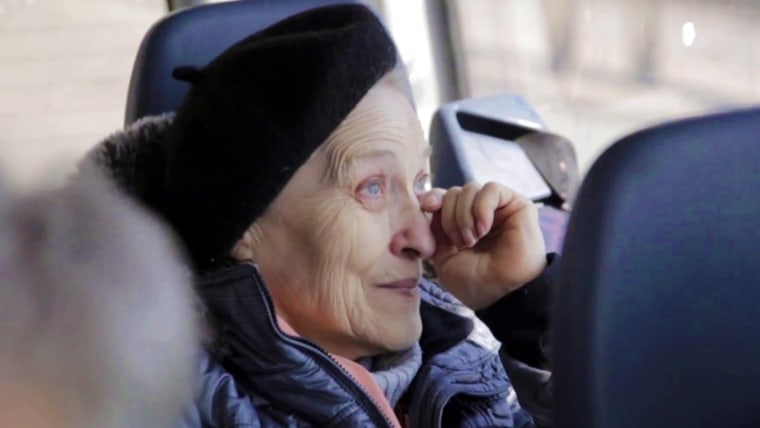


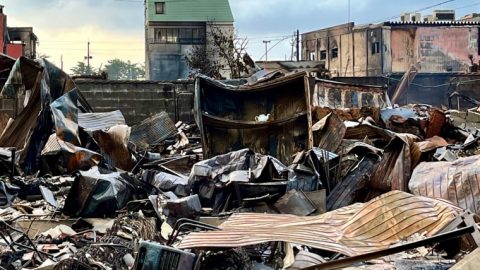

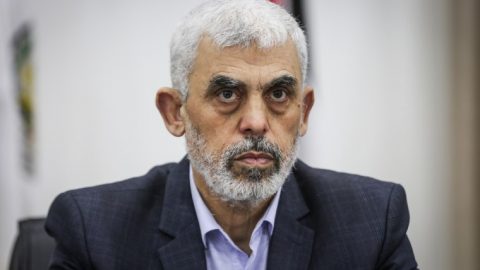
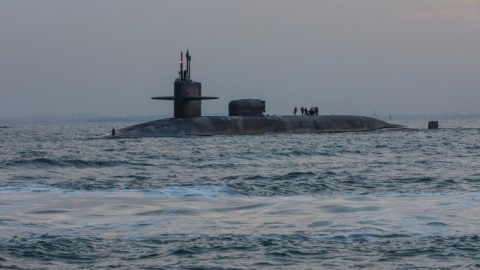
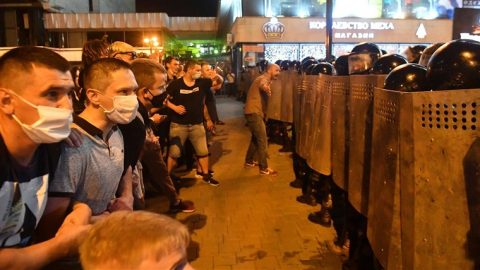
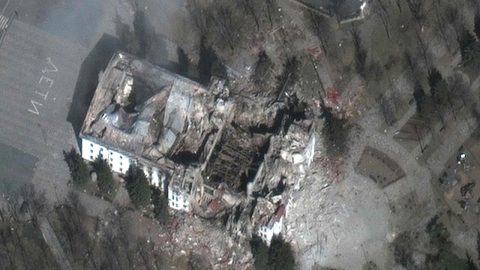
Recent Comments